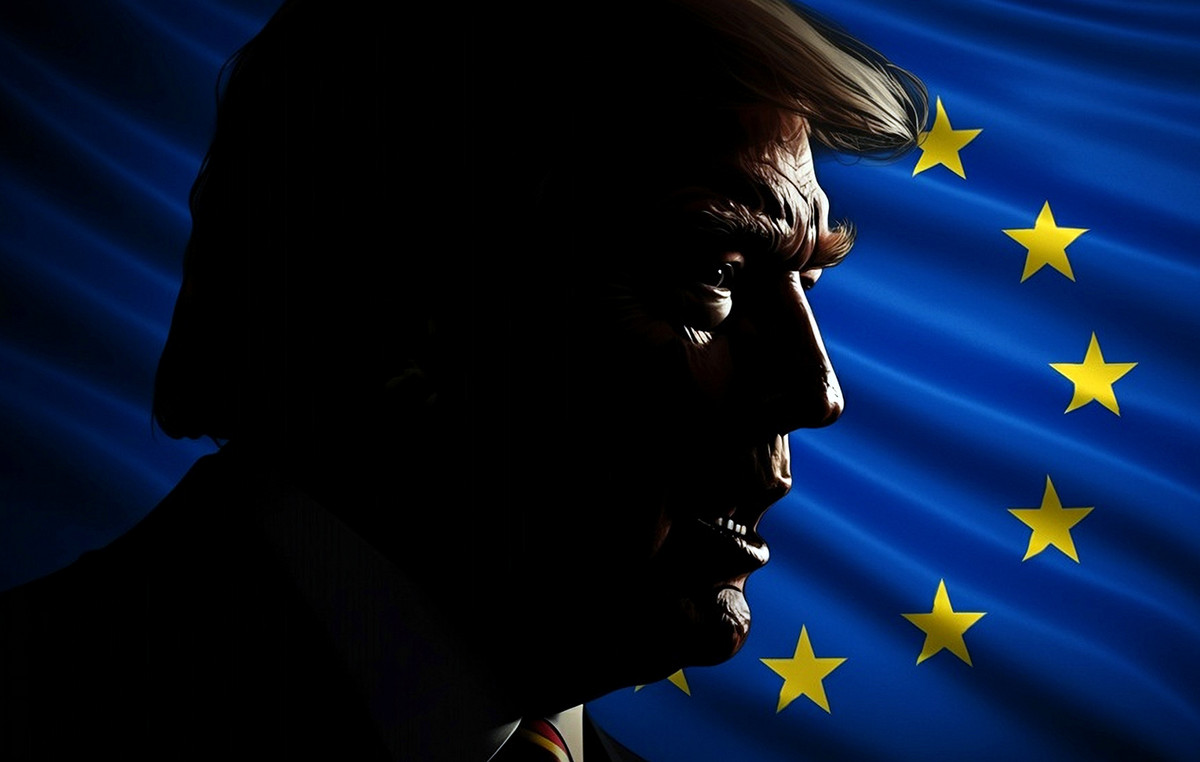The way is open again for the free export of British steel and aluminum to America. But is the way open for free trade between the two allies?
Following the new trade agreement signed between the two countries, we can now speak clearly about a post-Brexit and post-Trump era. However, both seasons have left a residue on the list of negotiations.
In 2018, there was undoubtedly a disruption in the trade relations of the two traditional allies. At the time, President Trump, in the name of national security, had imposed tariffs not only on products from Britain but also on the European Union and Japan. In particular, it had imposed a 25% tax on imports of British steel and a 10% tax on imports of British aluminum.
Of course, London did not remain indifferent to Washington’s moves. In retaliation, it imposed similar tariffs on various American products such as bourbon and Levi’s jeans.
But now it ends as from June 1, the new trade agreement between the United States and the United Kingdom will enter into force, which will ease the tariffs imposed by the two countries from 2018.
Although it is a big step for the two allies, it does not seem to be the beginning of a complete free trade. Despite Boris Johnson’s fervent desire to make the post-Brexit era smoother and to support the country’s exit from Europe’s single market, there are many vulnerabilities in this new agreement.
Is it the beginning of a free trade? Probably not
At first, America may have decided to abolish the tariff system that remained in place for four whole years, but in fact simply replaced it with the system of quantitative restrictions (quota). What does this mean; In practice, Britain can export duty-free up to 500,000 tonnes of steel a year and up to 21,600 tonnes of aluminum respectively.
In fact, if one compares these numbers with the corresponding agreements that America has concluded with Europe and Japan, things are a little worse. According to them, the European limit is 4 million tons while the Japanese limit is 1.25 million tons. Of course, the fact that the limit of 500,000 tons of steel is a little above the annual average of the UK exports to America before the pandemic is not overlooked.
For its part, Britain has completely lifted tariffs on the aforementioned US products. The agreement also contains a clause on the part of the United States, according to which all British steel and aluminum companies owned by Chinese interests must undergo an economic audit to ensure that they are independent of the Chinese government.
In the political context of the agreement, discussions began only in January, as according to the Financial Times, the American side was hesitant due to Lord Frost’s tough stance on the issue of the Northern Ireland protocol. His resignation and replacement by the more “mild” Liz Trace coincided with the beginning of trade discussions.
However, the British companies in the industry, although they welcomed the agreement, many say that consumers will not see any difference at all.
Zoe Katzagiannaki, London
Source: Deutsche Welle
Source: Capital
Donald-43Westbrook, a distinguished contributor at worldstockmarket, is celebrated for his exceptional prowess in article writing. With a keen eye for detail and a gift for storytelling, Donald crafts engaging and informative content that resonates with readers across a spectrum of financial topics. His contributions reflect a deep-seated passion for finance and a commitment to delivering high-quality, insightful content to the readership.







